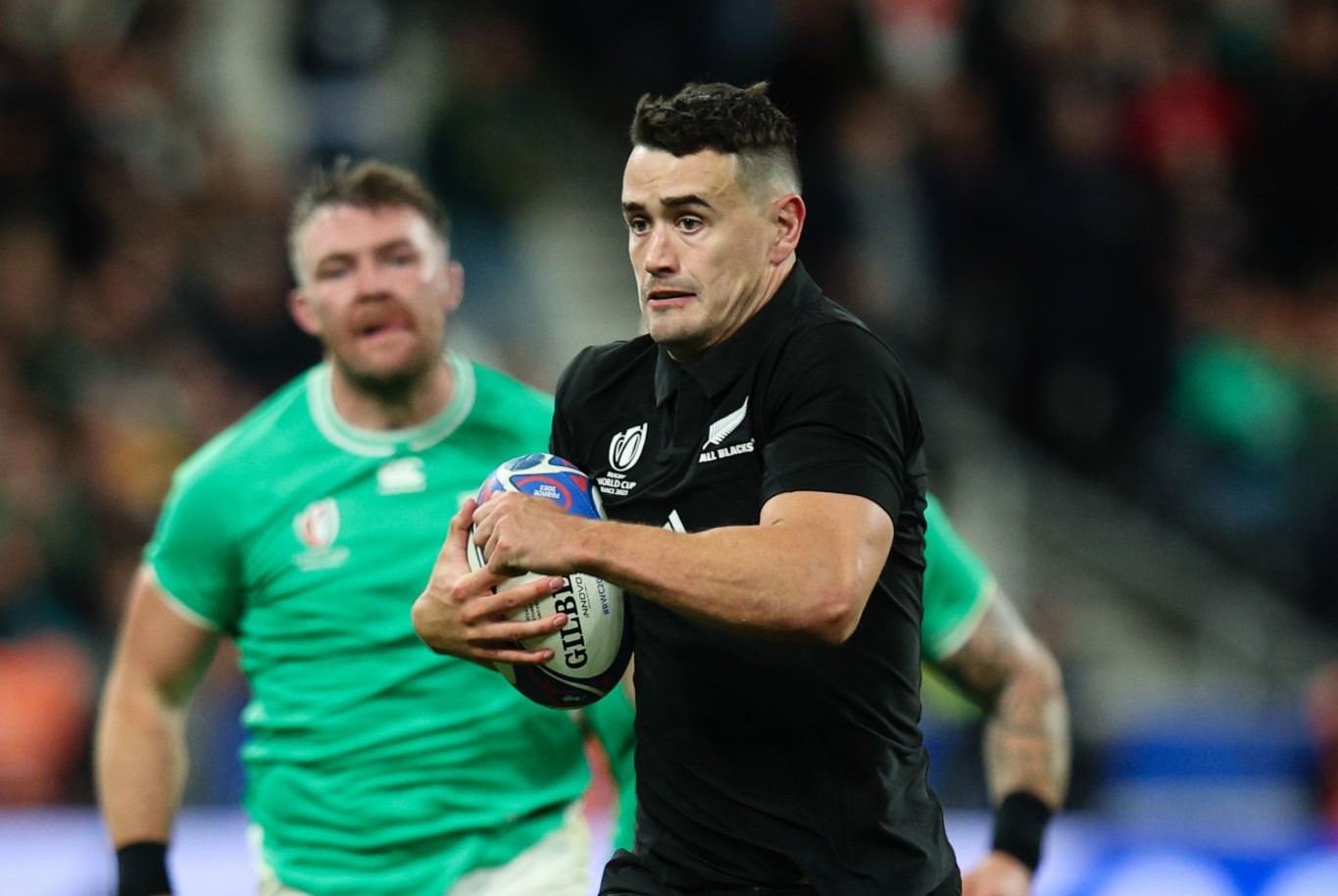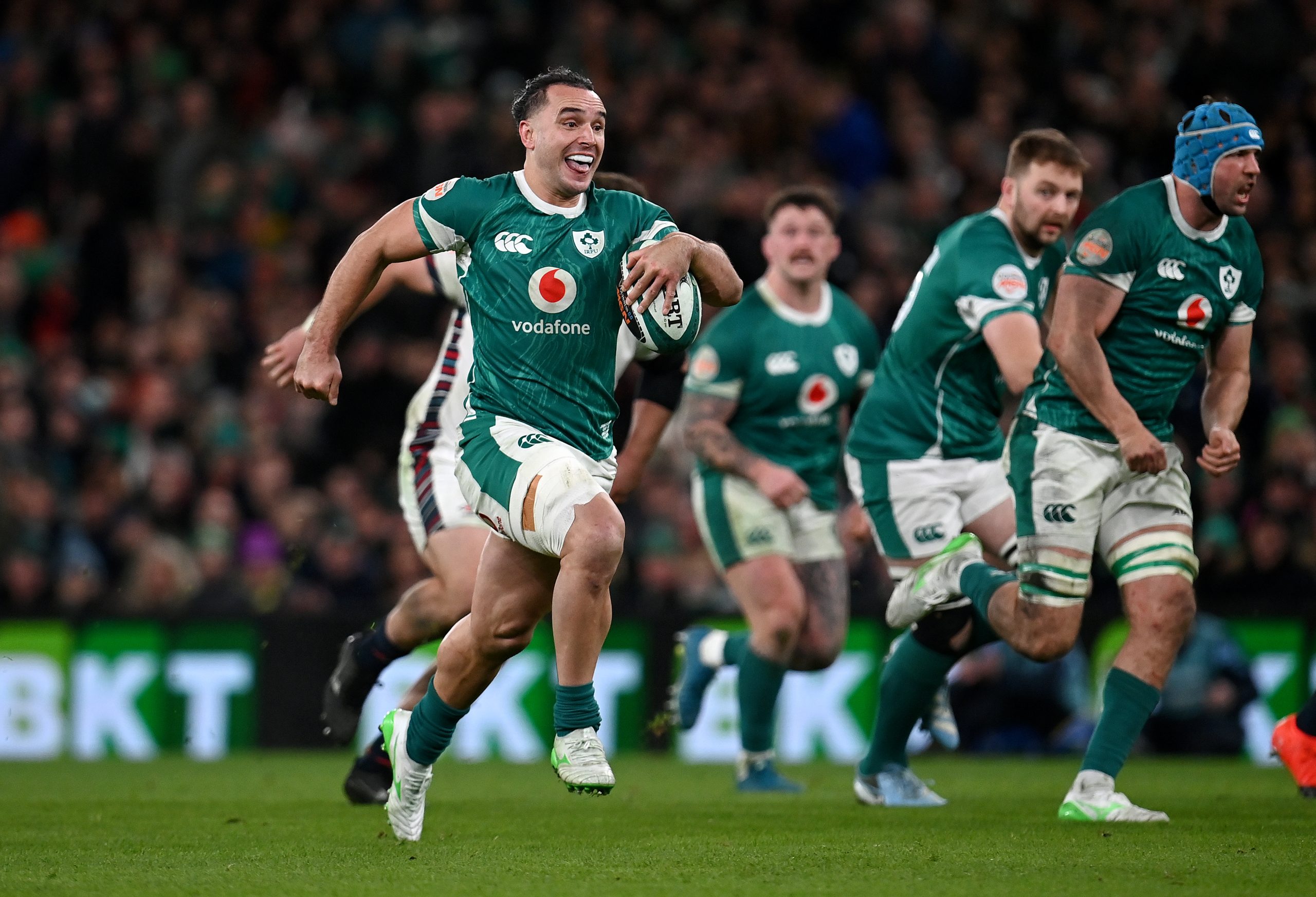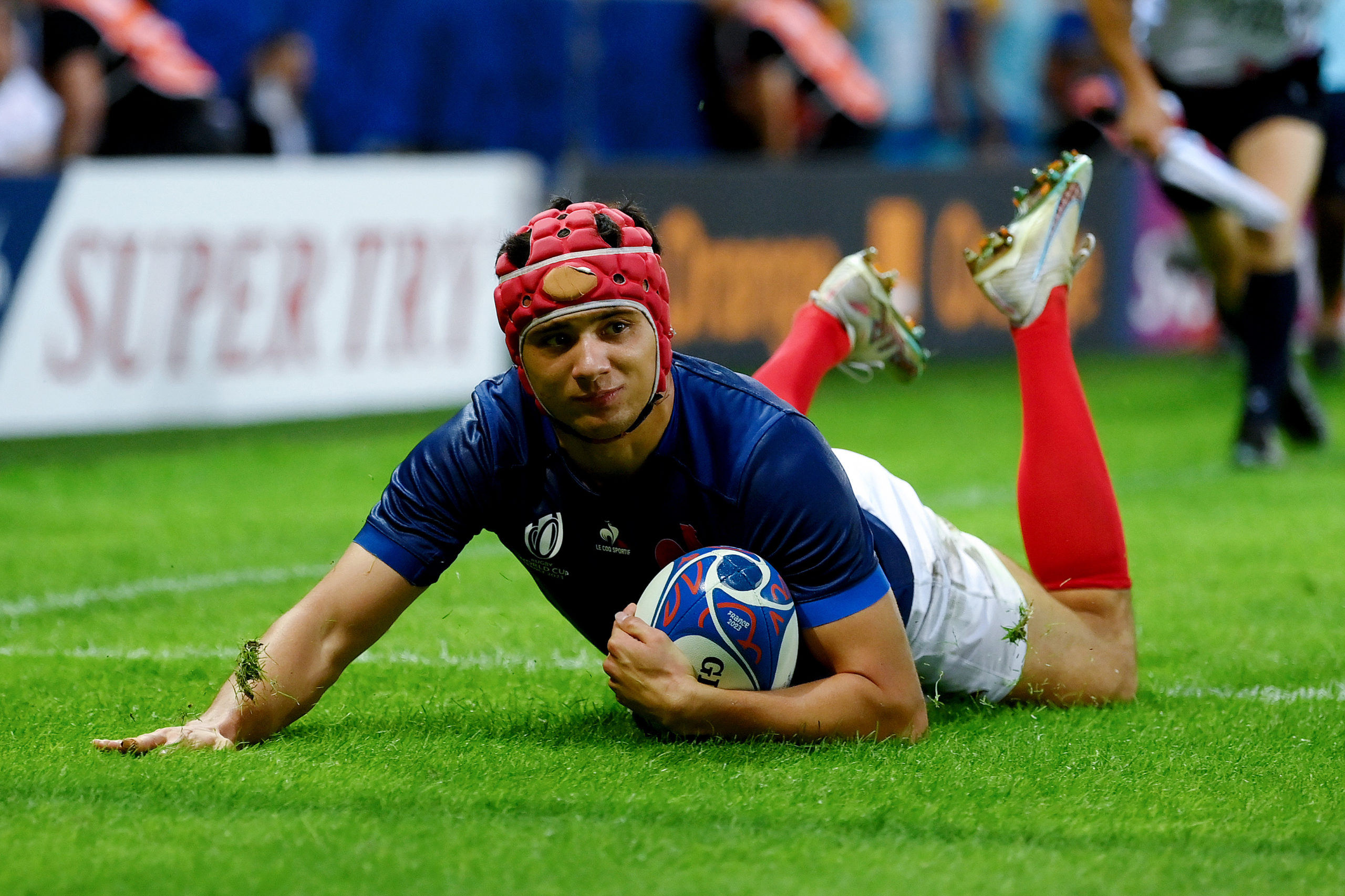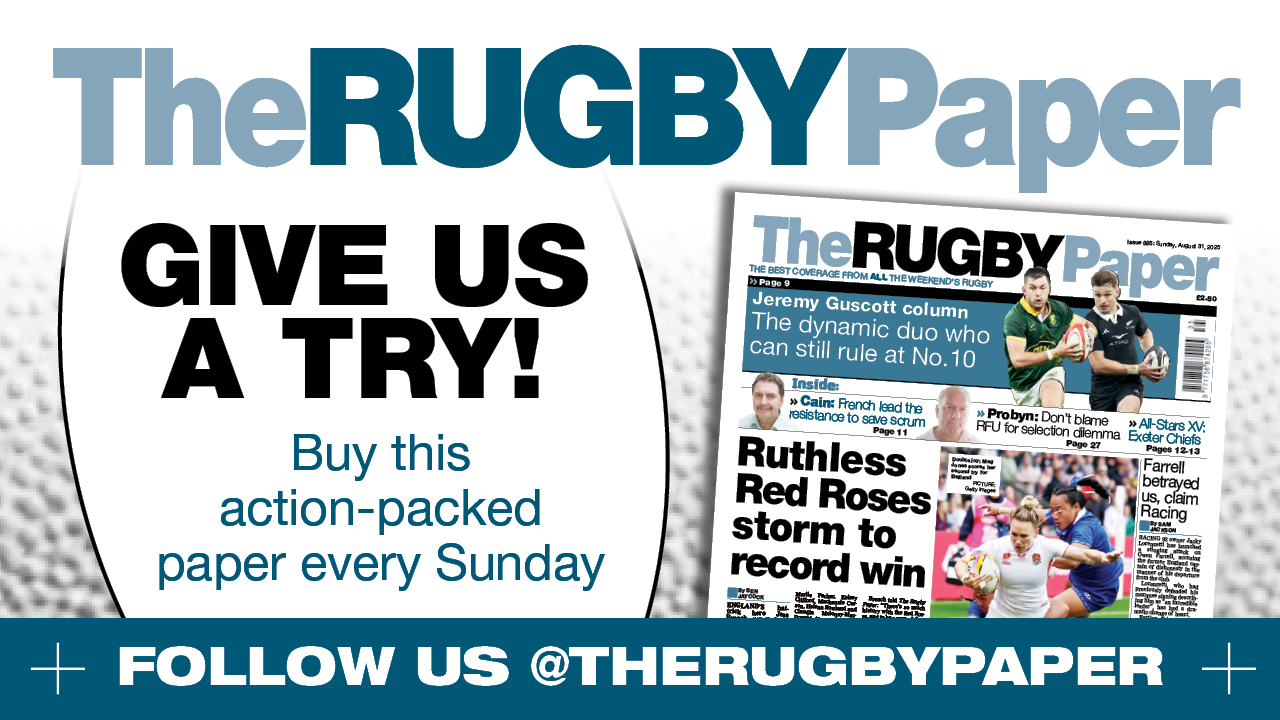Autumn Internationals
All Blacks in Dublin will be the acid test
More in Autumn Internationals
-
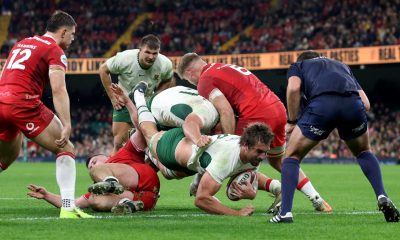

South Africa lock Eben Etzebeth gets 12-week ban for eye gouge
South Africa lock Eben Etzebeth has been banned for 12 weeks for an eye...
-
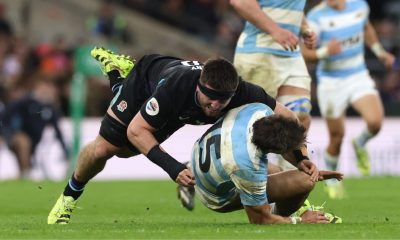

No action taken over Tom Curry & Felipe Contepomi row in England-Argentina Test match
England flanker Tom Curry will not face punishment for a tunnel row with Argentina...
-


Wales 0-73 South Africa: Steve Tandy’s pointless side put to shame in 11-try thrashing
A weakened Wales suffered an all-time record home defeat in a brutally one-sided contest...
-
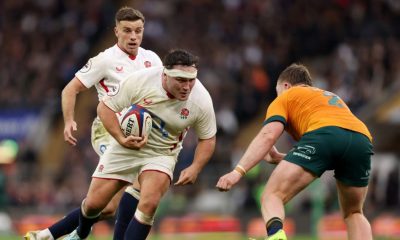

Jamie George excited by England’s stock of tyro front rowers
Jamie George reflected on England’s autumn campaign and believes their front row stocks can...

